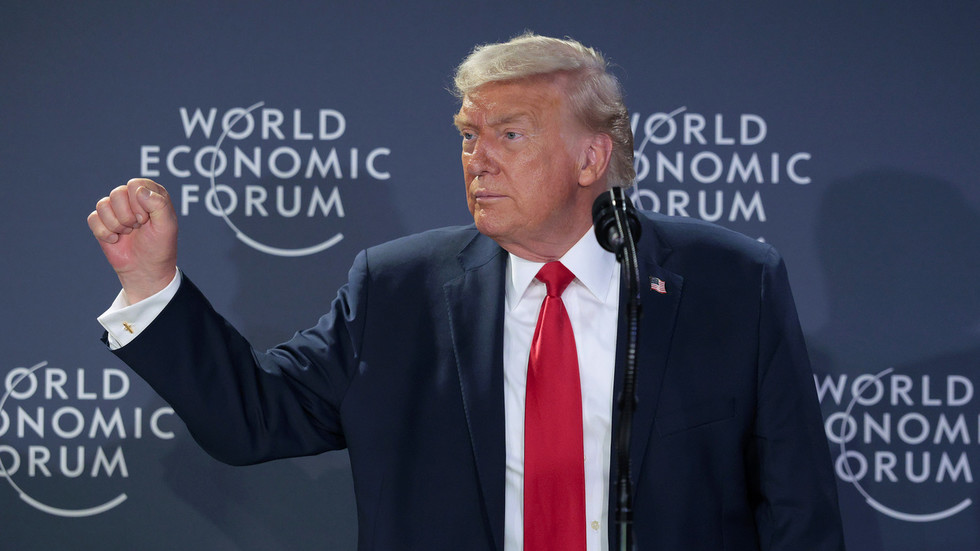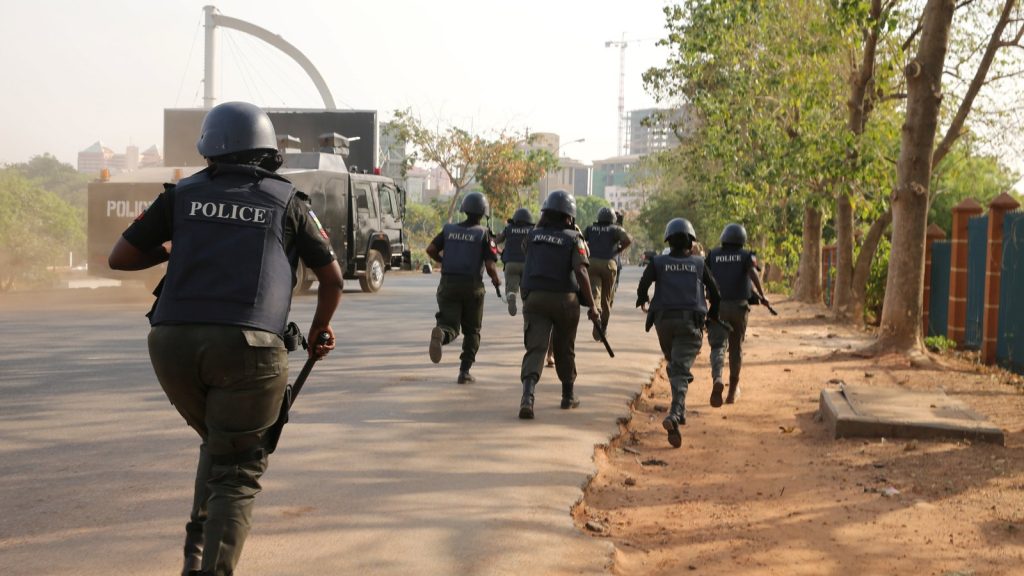President Bola Ahmed Tinubu was sworn in as the 16th President of Nigeria on May 29 at Eagles Square, Abuja. Justice Kayode Ariwoola, the Chief Justice of Nigeria, administered the oath of office and allegiance on Mr. Tinubu. In his inaugural address, the President expressed his love for Nigeria, confidence in its people, and faith in God Almighty.
President Tinubu acknowledged that Nigeria had overcome many challenges and hardships to become a nation of hope and promise. He encouraged the people of Nigeria to remain faithful to the work of building a better society and not to retreat into the shadows of unmet potential.
The new President thanked his predecessor, President Muhammadu Buhari, for his service to Nigeria and for being a worthy partner and friend. He promised to further mend and heal the nation and never tear or injure it. Tinubu recognised that Nigeria’s journey has been shaped by the prayers of many and the collective sacrifices of all.
Tinubu reassured Nigerians that, as their President, he would govern, not rule over them. His administration would consult and dialogue rather than dictate, and reach out to all Nigerians, regardless of political affiliation, creed, ethnicity, or place of birth.
In his inaugural speech, Tinubu outlined some initiatives that his administration would undertake in the coming days and weeks. These initiatives included reforming the security doctrine and architecture to tackle insecurity, remodeling the economy to promote growth, significantly reduce unemployment, and bring an end to extreme poverty.
Tinubu also promised to create meaningful opportunities for the youth, honouring his campaign commitment of one million new jobs in the digital economy. He would work with the National Assembly to craft an omnibus Jobs and Prosperity Bill to provide labour-intensive infrastructural improvements, encourage light industry, and offer improved social services for the poor, elderly, and vulnerable.
The President promised to strengthen the anti-corruption agencies, encourage a credit culture to discourage corruption, and review all complaints about multiple taxation and various anti-investment inhibitions. He also assured investors and foreign businesses of his government’s commitment to repatriating their hard-earned dividends and profits home.
Tinubu expressed his primary foreign policy goal to be peace and stability in the West African subregion and the African continent. His administration would work with the Economic Community of West African States (ECOWAS), the African Union (AU), and the international community to end existing conflicts and resolve new ones.
In conclusion, Tinubu called on all Nigerians to make Nigeria a more perfect nation and democracy so that the Nigerian ideal becomes and forever remains the Nigerian reality. With full confidence in the people of Nigeria, Tinubu declared that these things were within their proximate reach, and he asked for God’s blessings on Nigerians and on Nigeria.



